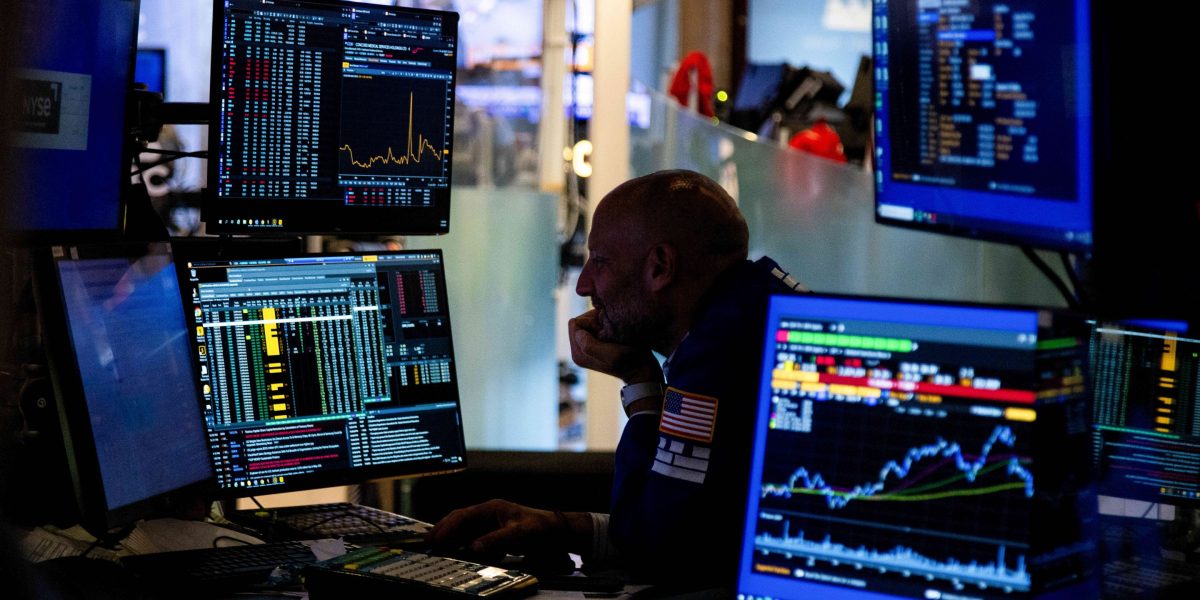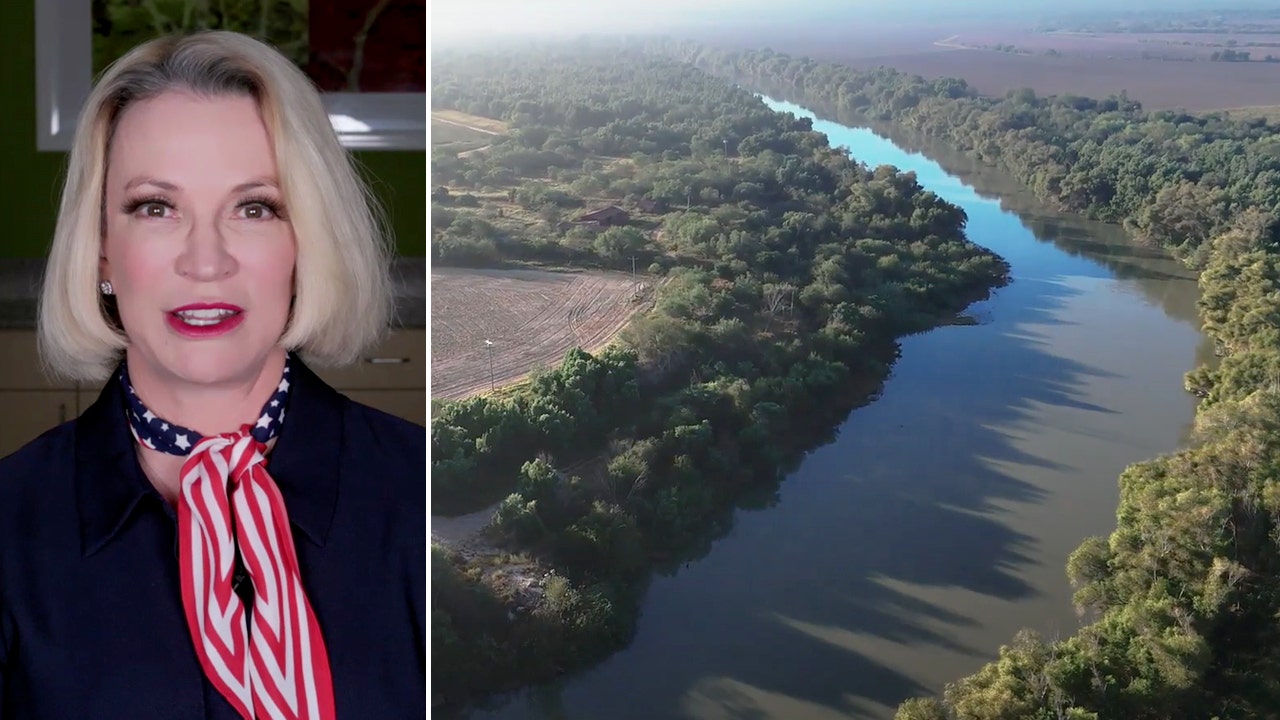
As traders pour hundreds of millions of dollars into presidential betting markets, the leading U.S. prediction platform Kalshi is launching crypto deposits—where users can fund their bets in the form of the stablecoin USDC rather than cash—in a bid to compete with its top rival, the offshore company Polymarket.
Starting today, Kalshi users will be able to load their accounts with USDC, a popular cryptocurrency pegged to the U.S. dollar. This move will allow Kalshi customers to move money faster and cheaper and help Kalshi challenge Polymarket’s crypto-powered platform, which has exploded in popularity during the 2024 election cycle.
Betting race
Political prediction platforms, which allow users to gamble on the outcomes of electoral contests, have existed for decades, but have come into the spotlight in the 2024 election, largely owing to Polymarket. The site, which recently hired polling guru Nate Silver as an advisor, has attracted heavy trading—and media coverage—related to its presidential betting market. According to Polymarket’s website, users have traded $2.6 billion worth of volume on whether Donald Trump or Kamala Harris will be elected, while Kalshi says it has brought in just under $85 million in bets on the presidential race.
Part of the trading discrepancy is the result of Kalshi’s market being much newer. Founded in 2018 by Tarek Mansour and Luana Lopes Lara, Kalshi first won approval from the Commodity Futures Trading Commission (CFTC) to launch nonpolitical betting markets in 2020 on contracts like the weather before suing the agency last year to launch political contracts as well. After winning its lawsuit at the district court level in early September, Kalshi launched politics-related bets in early October, including for the presidential race.
In contrast, Polymarket ran afoul of the CFTC by launching political prediction markets without the agency’s permission, earning a $1.4 million penalty in early 2022 and forcing the platform to move outside the U.S. Its lack of regulation has proved popular with users, who have also flocked to the platform because of its crypto-native design—Polymarket connects with customers’ crypto wallets and settles bets with USDC. Its blockchain design has also opened the platform up to scrutiny, including accusations of manipulation after Polymarket confirmed that four of the leading accounts betting on Trump are controlled by a single French trader.
In an interview with Fortune earlier in October, Mansour said that he originally explored building Kalshi on top of blockchain technology, but ultimately decided against it for regulatory reasons. “We didn’t really see a viable business that way for us if you want to attract institutional participation,” he said. He argued that USDC deposits, however, would be faster for users than relying on ACH (Automated Clearing House) and bank transfers, and would also mean lower fees.
Kalshi is working with the crypto firm Zero Hash to enable USDC deposits, which the company says will enable near-instant 24/7/365 funding, as opposed to bank transfers, which can take three to four days. Zero Hash is managing the conversion and compliance aspects of the new feature.
While Kalshi still lags behind Polymarket in trading volume, Mansour said that its regulated approach will prove more popular among users, especially with Polymarket cut off to U.S. traders. Kalshi is backed by investors including the VC giant Sequoia, while Polymarket is backed by Founders Fund, which counts Peter Thiel as a partner. Robinhood also launched political gambling markets to select U.S. customers on Monday.
With Election Day fast approaching, Trump has separated from Harris to a commanding lead among Kalshi customers, rising from a near deadlock on Oct. 10 to a 62% chance of winning as of publication. Traditional pollsters are still forecasting the election as a coin flip.















